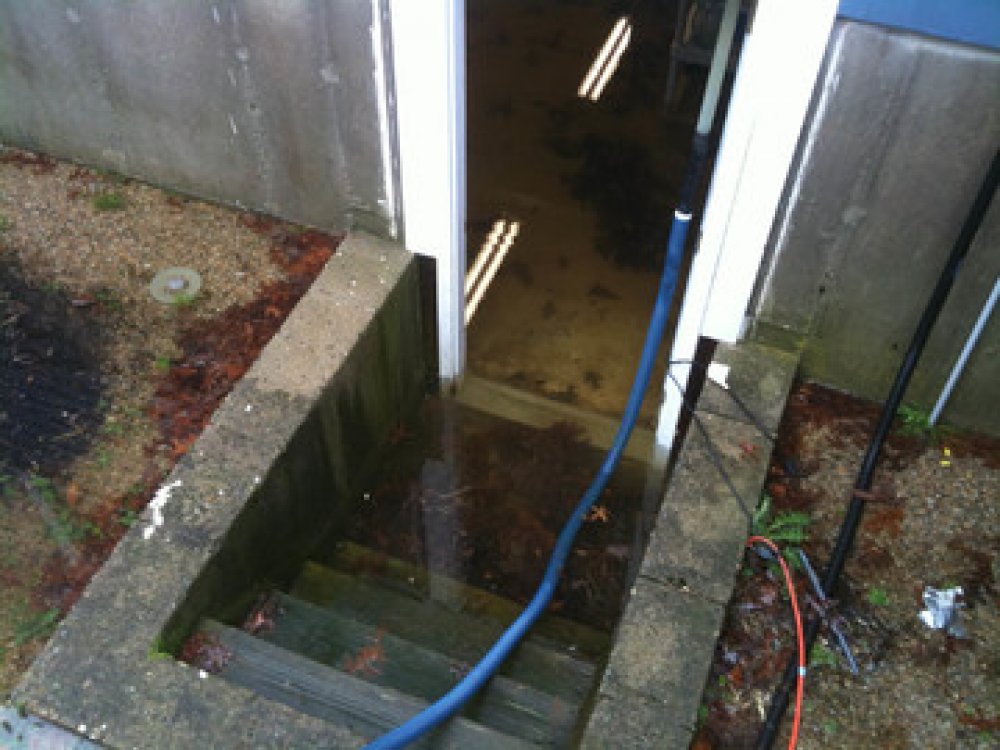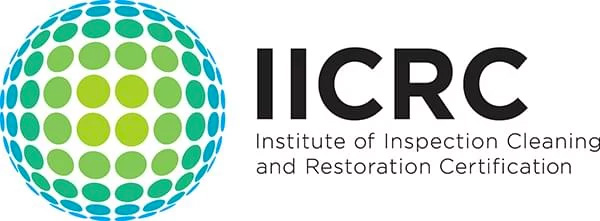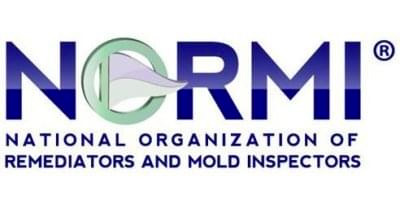Is Mold Damage Always Covered By Home Insurance?
In Florida, mold prevention should always be on the mind of homeowners. With such high humidity throughout much of the year, it is important that homes are always kept cool and dry enough to keep mold at bay.
Mold is not only unsightly, but it can also cause illness and respiratory distress in those who are susceptible. Pregnant women, and those with breathing issues, and parents with small children should be particularly aware of the presence of mold.
Making the mold problem worse is the fact that many insurance companies do not cover mold damage under their policy. In this article, we will look at the most commons causes of harmful mold, as well as the circumstances under which your home insurance company may cover the remediation.
What Exactly Is Mold - And What Causes It?
Mold is a fungus, which ordinarily visually appears as discoloration, often with a fuzzy or slimy appearance. Mold will continue to grow if not removed, so an affected area will definitely increase in size.
The first telltale sign of a mold problem is often a distinctive musty smell. If you suspect mold, search for water stains, warping, or the actual mold growth on the surface to determine the source.
There are thousands of known species of mold, all of which break down plant and animal matter in the environment. Molds thrive in moist environments as long as there is an organic material on which to feed, such as in soil, on foods and plants, and in people's homes. Mold releases spores which can be airborne, spread through water, or travel on animal hosts.
In the context of home ownership, an environment which is likely to propagate mold growth may be encouraged by many factors, including:
- Roof leaks
- Interior plumbing leaks
- Steam in the bathroom or kitchen
- Wet clothes drying indoors, or a dryer venting indoors
- Condensation on cool surfaces
- Improperly vented appliances
- Exterior drainage problems

Will Mold Damage Be Covered By Insurance?
Mold damage is generally not covered as a stand-alone situation. There are only select instances in which your insurance company will pay for mold remediation, and these include "covered peril" situations which see mold as a result of a covered event.
For instance, if your home has a fire - which is a covered peril - and the mold results from the water used to put out the blaze, you may be eligible for an insurance payout. In general, an insurance company will not pay for mold damage caused by a preventable situation.
If you have a leaky pipe under your sink, but defer the maintenance for a year, the mold will not be covered. Should a pipe burst when you are not present, however, or if you report and fix the problem as soon as it is detected, you may be able to claim for reimbursement. Other Considerations:
- In Florida, mold is often caused by a leaky roof. Moisture can get in the eaves, the attic, or the drywall - and even begin to travel through the air ducts. However, mold damage that can be traced back to a roof leak is not considered a covered peril.
- If you have flood insurance, and the mold and mildew is caused by that flood, you are most likely covered. However, you have to show that you returned to the home as soon as possible to assess and fix the issue.

- If you leave a home sitting vacant for several months after a flood without working to address any issues, you will likely not be approved for a payout.
- If you do not have flood insurance, mold caused by a flood will not be covered.
- Some insurance companies may offer special additional mold coverage, so it is important to ask your insurance agent for information should you want this type of policy.
Do note that older homes that have been prone to mold in the past will likely not be accepted for coverage unless the circumstances which caused the problem in the past has been mitigated.
What To Do If You Have A Water Issue
Here are some things that you can do if you have water issues:
- Stop/plug or fix the source of the water leak as soon as it is detected, and clean up any water immediately.
- Immediately remove carpets or furniture which have become saturated and are likely to become a breeding ground for mold.
- Once the leak is fixed and the water is cleaned up, dry the area with fans and dehumidifiers to remove all remaining moisture.
- If you act quickly and thoroughly and still detect mold, you may be able to file a claim. In many situations, it may be necessary to hire a professional mold remediation firm to make your home habitable again.
Bottom Line
Any mold situation caused by a lack of care and maintenance - a leaky roof, or a non-ventilated bathroom, for instance - will not be covered. And a mold event caused by a flood is only covered if you have flood insurance.
No matter the cause - for the health of your family and to protect your property, you should call in a mold remediation expert as soon as possible to diagnose and remove the problem.


